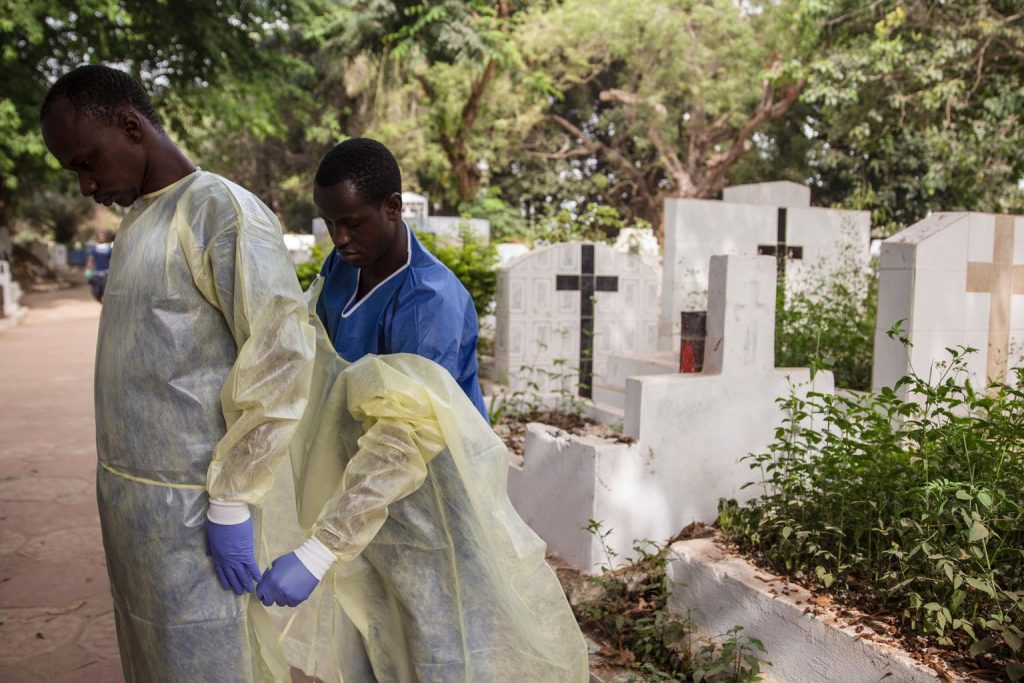Although social scientists have long worked in public health emergencies, the value of including social science intelligence in response strategies became highly visible during the epidemic of Ebola virus disease (EVD) in West Africa in 2014–2016. The key application of social science is to contextualise the response, which should be done in 2 ways.
First, by understanding important features of the local context and how they directly influence the strategy and overall response.
Second, by adapting “standard” components of the response to the local context (e.g. safe and dignified burials, community engagement) to ensure that they are acceptable and appropriate for the affected population. Such work supports timely uptake of response interventions, reduces fear and potential resistance and ultimately contributes to stopping transmission of the virus.



